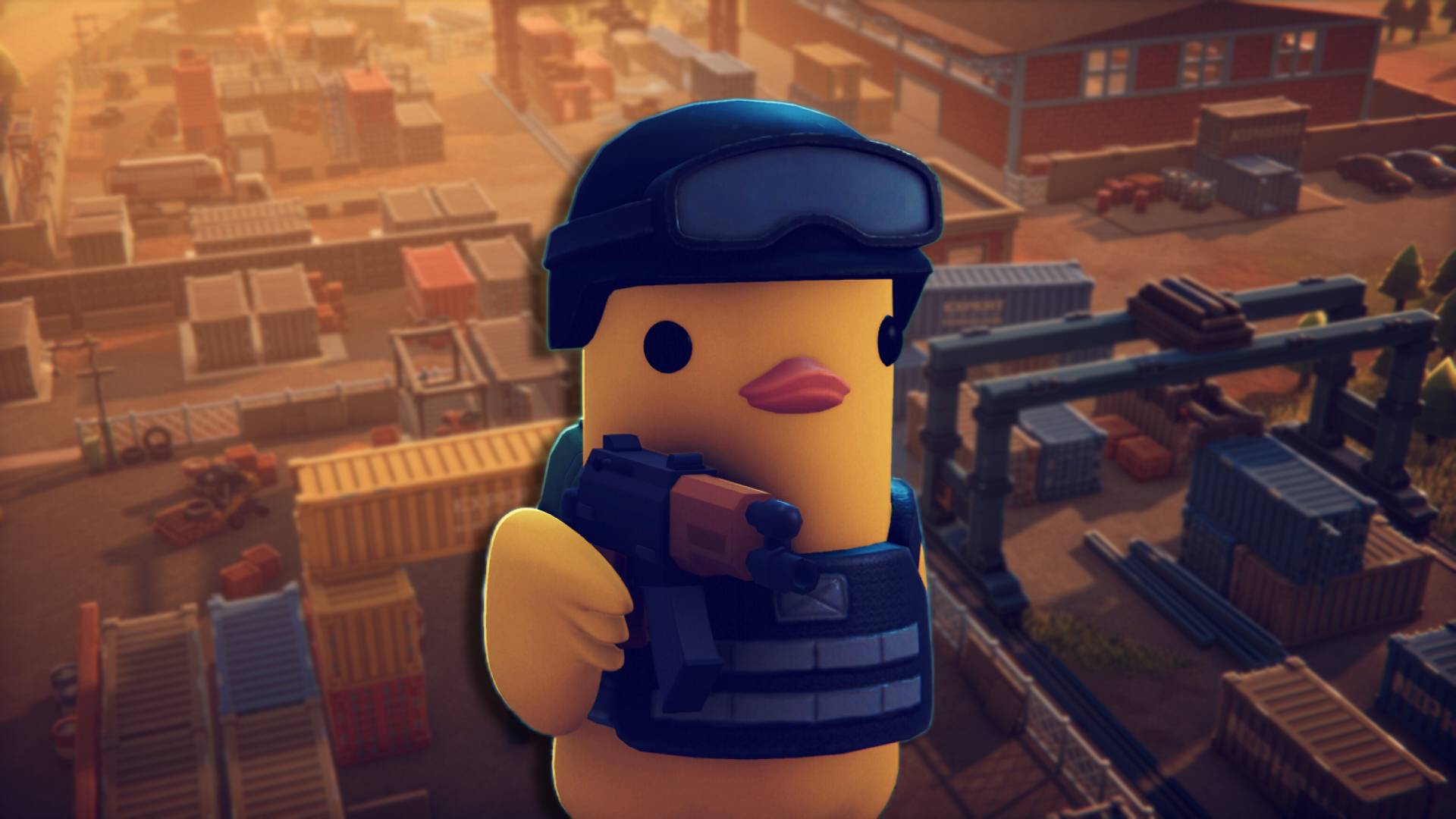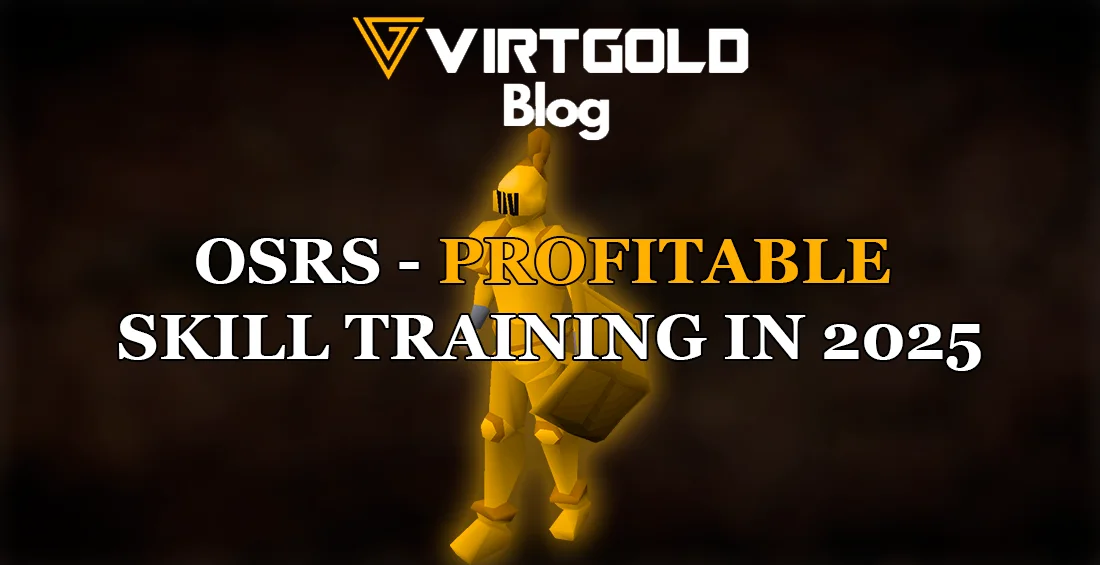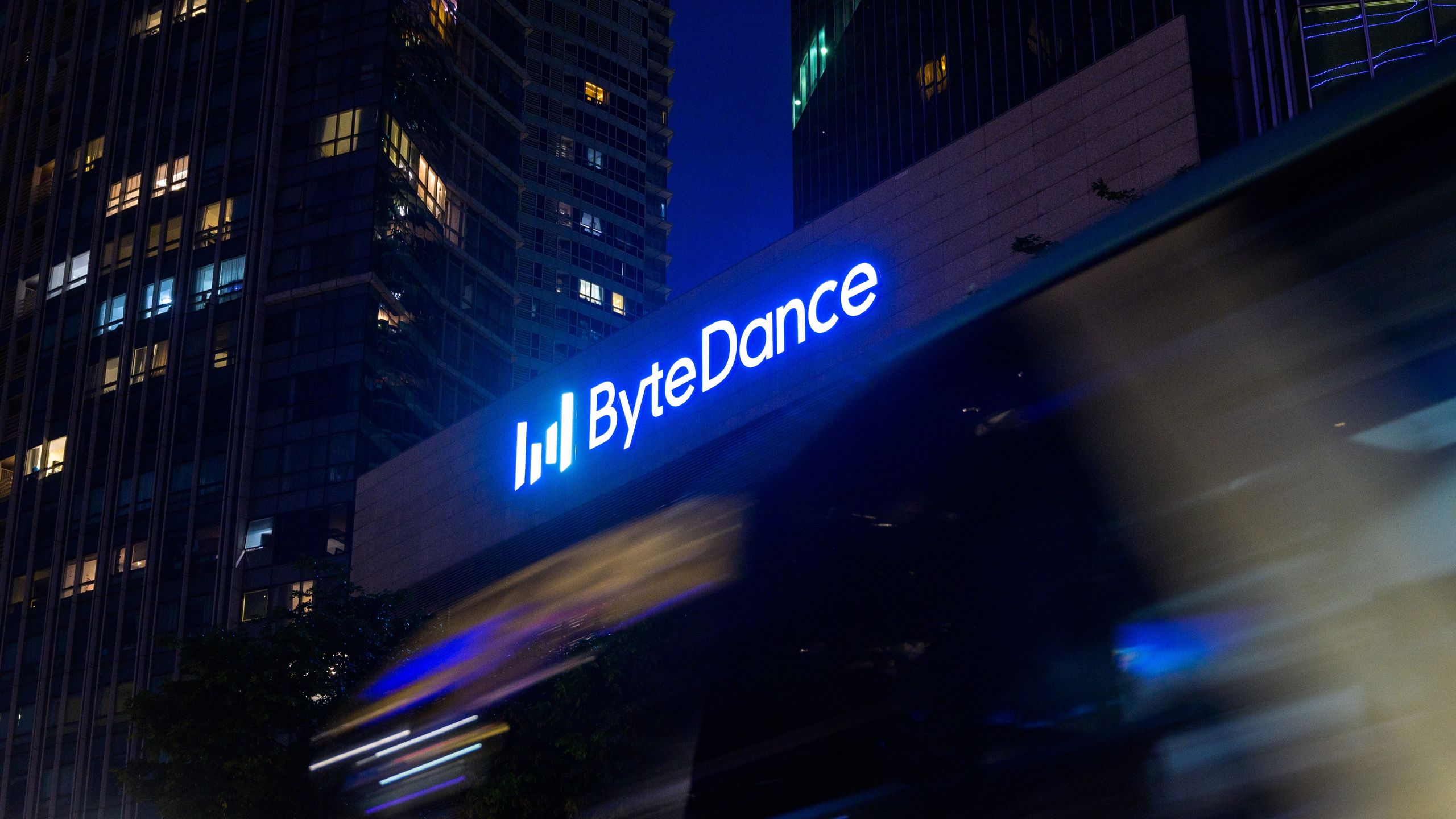Key Takeaways
- EA’s AI tools are reportedly generating flawed code, forcing developers to spend extra time fixing errors.
- Employees fear AI may replace creative roles, as staff are being asked to train the technology on their own work.
- EA’s broader AI ambitions face turbulence, raising questions about how game publishers balance automation with talent preservation.
EA’s AI Ambitions Hit a Rough Patch
Electronic Arts (EA), one of the world’s largest video game publishers, is facing internal challenges as its AI integration efforts appear to be causing more problems than they solve. According to a Business Insider report, EA’s use of generative AI has led to “erroneous code” and software “hallucinations”—plausible-looking but illogical code that developers must manually fix.
The AI tools were introduced as part of EA’s broader strategy to streamline workflows and cut costs. The company’s leadership has publicly championed AI as a transformative force for development, especially since its partnership announcement with Stability AI. However, reports suggest the reality on the ground is far more complicated.
Generative AI: From Promise to Problem
When EA revealed its strategic partnership with Stability AI, it marketed the initiative as a way to “empower creators” and accelerate production. But insiders told Business Insider that these AI systems have, so far, introduced inefficiencies rather than reducing them. Developers claim that the AI often generates flawed or incoherent code, forcing teams to spend additional time debugging and rewriting instead of innovating.
This has reportedly created friction within EA’s workforce. Some staff feel that AI is not yet ready for large-scale deployment in such complex creative environments. Others fear the technology could eventually replace parts of their jobs altogether—especially as they’re being asked to train the AI models using their own past work.
Employee Concerns and Layoffs
One of the more concerning details in the Business Insider report came from a former EA employee who had been laid off. The ex-senior quality assurance designer from Respawn Entertainment, an EA studio known for Apex Legends and Star Wars Jedi: Survivor, told reporters that AI was capable of performing key portions of their job. They speculated this might have contributed to their termination.
While EA did not issue an official comment, the report underscores a growing tension across the gaming industry: the balance between technological progress and workforce stability. As publishers push AI to boost productivity and reduce costs, creative professionals fear a future where automation diminishes the value of human expertise.
Also read : Escape From Duckov Hits 300,000 Players on Steam as Bilibili’s PvE Shooter Becomes a Surprise 2025 Hit
Industry-Wide AI Race
EA’s struggle is not unique. The video game industry has long relied on AI for in-game systems—from NPC behaviors to dynamic storytelling. However, the current wave of generative AI introduces an entirely new layer of complexity, as it extends beyond gameplay into design, coding, and content creation.
Krafton, the South Korean publisher behind PUBG, has announced a $69.5 million USD investment to develop a GPU cluster dedicated to “agentic AI.” This initiative aims to create self-learning systems capable of adapting and improving autonomously—an ambitious step that could redefine how games are built and maintained.
Yet, EA’s experience serves as a cautionary tale. Without robust human oversight and tested workflows, generative AI can introduce inefficiencies that outweigh its theoretical benefits.
The Future of AI in Game Development
The tension surrounding EA’s AI rollout highlights a broader question facing the gaming industry in 2025: how to responsibly integrate AI without undermining the human creativity that defines great games. Developers across studios are calling for more transparency, realistic expectations, and better testing before AI tools are integrated into core pipelines.
As AI continues to evolve, its role in game development will likely remain a mix of potential and peril. For now, EA’s experience shows that even the biggest players can stumble when innovation outpaces implementation.
Conclusion:
Electronic Arts’ push toward AI-driven development was meant to accelerate creativity and efficiency. Instead, reports suggest it has sparked frustration, job insecurity, and technical setbacks. The publisher’s experience underscores a critical truth for the industry: while AI may shape the future of gaming, it’s still human talent that ensures those worlds are worth playing in.
Disclaimer: The information in this article is for general purposes only and does not constitute financial advice. The author’s views are personal and may not reflect the views of GameDegen.com. Before making any investment decisions, you should always conduct your own research. GameDegen.com is not responsible for any financial losses.




